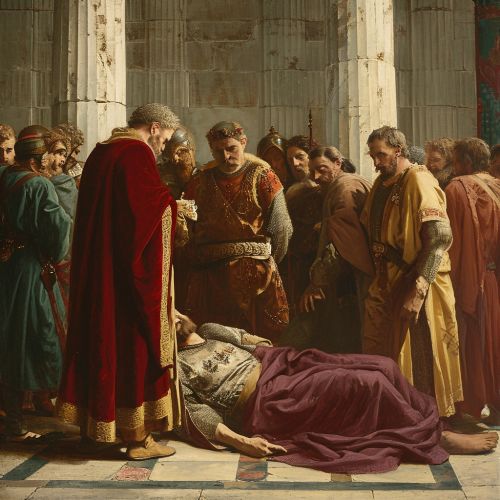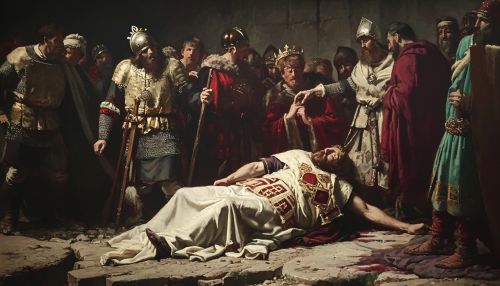Charlemagne
Early Life
Charlemagne, also known as Charles the Great, was born around 742, although the exact date is not known. He was the eldest son of Pepin, who was the first Carolingian king, and his wife, Bertrada. Charlemagne's early years were spent in the court of his father, where he was educated by monks and learned the art of governance.
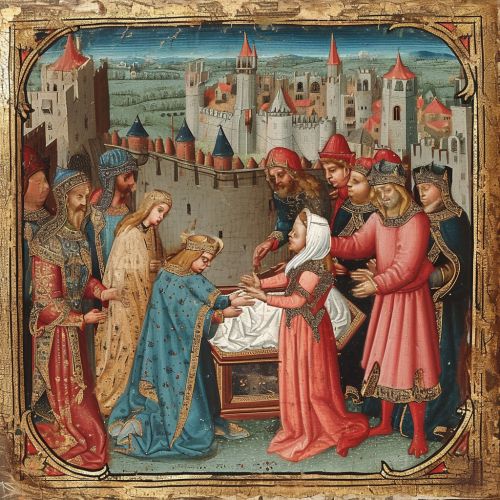
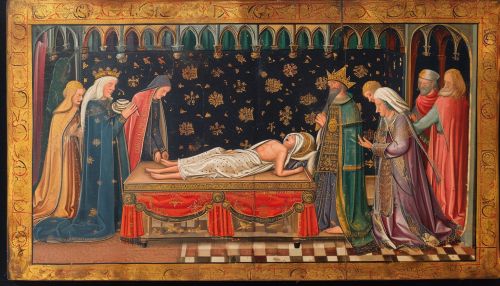
Reign
Charlemagne's reign began in 768 when he and his brother Carloman inherited the kingdom of the Franks from their father. Upon Carloman's death in 771, Charlemagne became the sole ruler. His reign was marked by numerous military campaigns, which expanded his kingdom and established him as a powerful force in Western Europe.
One of Charlemagne's most notable achievements was the conquest of the Lombard Kingdom in 774, which made him the king of the Lombards. He also led campaigns against the Moors in Spain, the Saxons in Germany, and the Avars in Central Europe. These campaigns not only expanded his territories but also spread Christianity and the Carolingian culture.
Carolingian Renaissance
Charlemagne's reign is also known for the Carolingian Renaissance, a period of cultural and intellectual revival within the Western Church. He invited scholars from all over Europe to his court, including the famous English monk Alcuin, who became his chief advisor on ecclesiastical and educational matters.
Charlemagne also established a palace school, where the royal family and court members were educated. He promoted the liberal arts and had classic Latin texts copied and preserved. His efforts led to significant advancements in education, culture, and the arts during his reign.
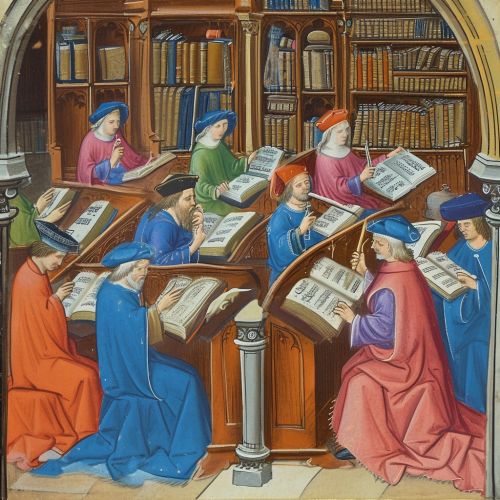
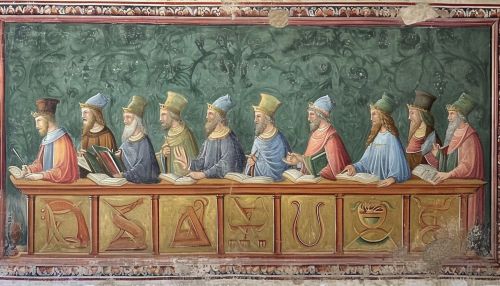
Coronation as Emperor
In 800, Charlemagne was crowned as Emperor by Pope Leo III in Rome. This event marked the revival of the Western Roman Empire and established the precedent of the Pope having the power to crown emperors. Charlemagne's coronation also signified the union of Germanic, Roman, and Christian elements, which laid the foundation for the development of the Holy Roman Empire.
Legacy
Charlemagne's legacy is vast and enduring. His reign marked the beginning of the Carolingian dynasty and set the stage for the development of modern Europe. He is often referred to as the "Father of Europe" due to his efforts in unifying various Germanic tribes under one rule and his promotion of Christianity and education.
Charlemagne's legal and administrative reforms, including the implementation of a standardized monetary system and the establishment of counts and dukes to govern local regions, laid the groundwork for the feudal system that would dominate the Middle Ages.
Death
Charlemagne died in 814 at the age of 72. He was buried in his Palatine Chapel in Aachen, which he had built during his reign. His death marked the end of an era, but his legacy continues to influence Western civilization.
